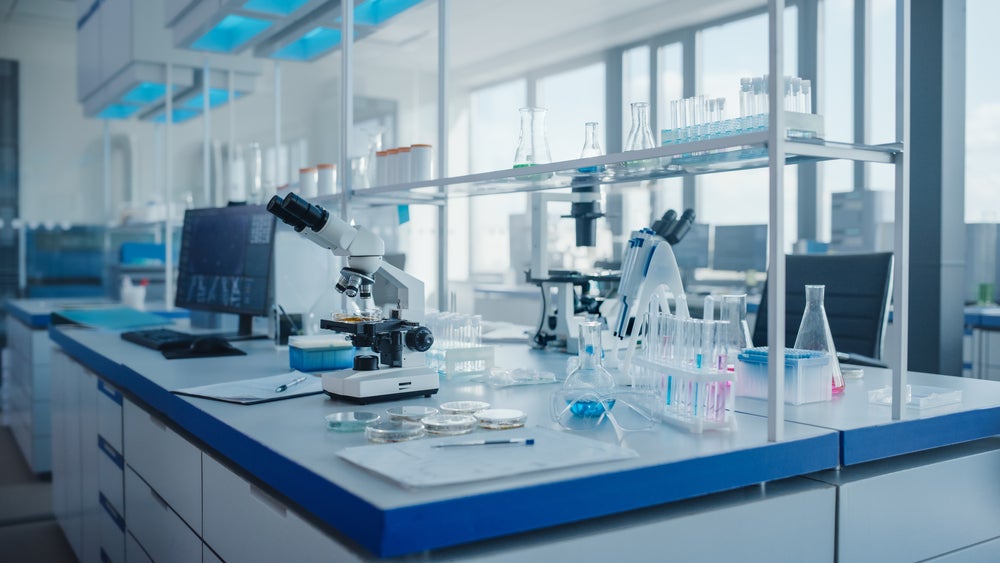BASF’s new bio-based EA boasts a certified 14C-traceable content of 40% according to DIN EN 16640 standards and offers a substantial 30% reduction in Product Carbon Footprint (PCF) compared to its fossil-based counterpart.
The bio-based EA will be produced at BASF's Ludwigshafen facility using bioethanol as the exclusive alcohol source. The chemical and technical specifications of the new bio-based product are said to remain identical to the traditional fossil-based version, ensuring seamless integration for customers.
This shift provides BASF's customers worldwide with a readily available drop-in solution to meet their sustainability goals.
Dr. Reiner Geier, senior vice president of industrial petrochemicals Europe at BASF, further emphasised the significance of this change and said: "From Q4 2024 onwards, we will phase out fossil-based EA and exclusively offer bio-based Ethyl Acrylate going forward. We want to give a clear signal to the market that we drive our own sustainability transformation."
BASF is also offering a variant called bio-based Ethyl Acrylate BMB ISCC Plus. This product applies BASF's biomass balance (BMB) approach to the remaining carbon content derived from fossil-based acrylic acid, further reducing the product's carbon footprint.
The company has committed to sourcing sustainable bioethanol predominantly from European suppliers, using grain as a feedstock. BASF assures that strict sustainability criteria are applied, ensuring that bioethanol production does not compete with food production.
The primary target industries for bio-based EA are Coatings and Adhesives, though its broad application range extends to various polymer dispersion applications as well as acrylic rubber, textiles, acrylic fibres and leather products.
As of March 2024, BASF's bio-based EA has received 'OK biobased' certification from TÜV Austria, further validating its environmental credentials.









